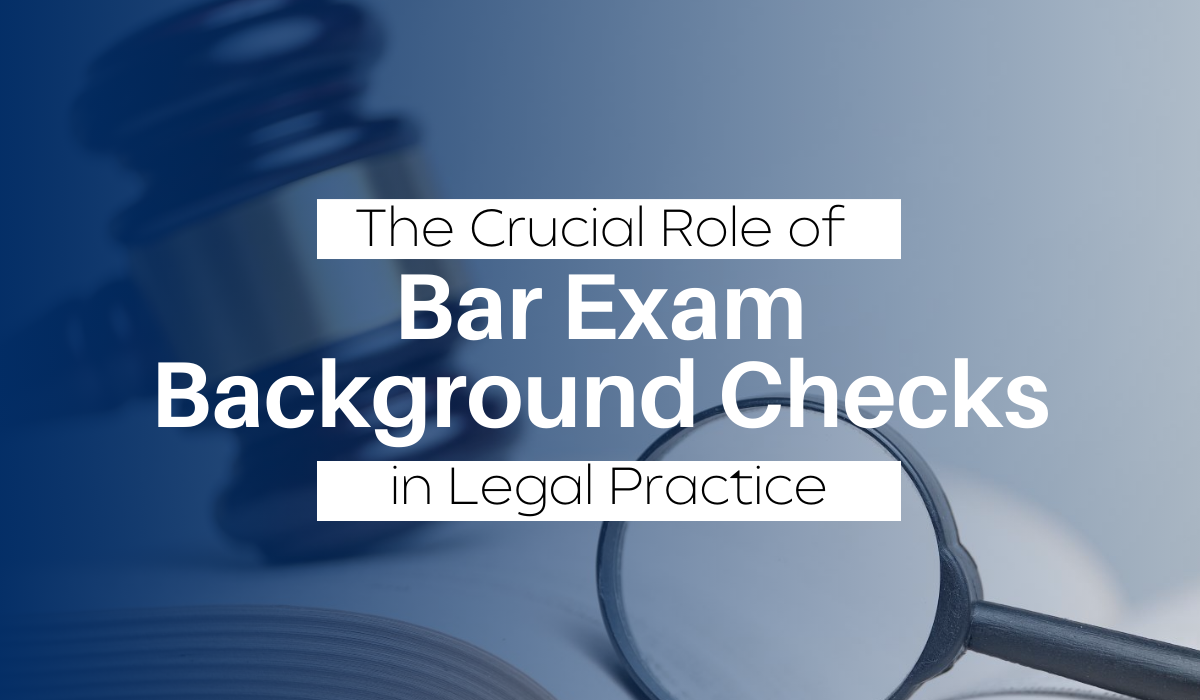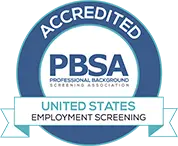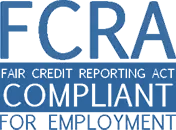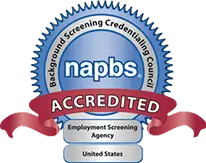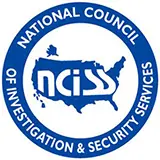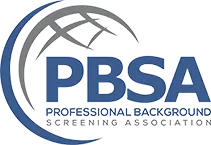The legal profession is built on a type of foundation of trust, integrity, and ethical conduct. Attorneys, as officers of the court, are expected to try and meet rigorous standards to ensure the proper administration of justice. One key component of this process is the Bar Exam background check, a very thorough and comprehensive evaluation that aspiring lawyers must undergo to gain admission to the bar. This article explores the significance of Bar Exam background checks, the elements they encompass, and their role in upholding the integrity of the legal profession.
Defining the Bar Exam Background Check: Overview
The Bar Exam background check is a thorough investigation into the personal and professional history of individuals seeking admission to the bar, which grants them the legal authority to practice law. This examination is a critical step in the admission process, ensuring that only individuals of good moral character, honesty, and competence are granted the privilege of practicing law.
Purpose and Significance of Bar Exam Background Checks
The Bar Exam background check serves multiple crucial purposes in maintaining the standards and ethical principles of the legal profession:
Preserving Public Trust: Admittance to the bar is a privilege that comes with a responsibility to serve the public interest. The background check helps ensure that only individuals of high moral character and ethical standards are entrusted with this responsibility, preserving public trust in the legal system.
Upholding the Integrity of the Legal System: By scrutinizing the background of aspiring lawyers, Bar Exam background checks contribute to the overall integrity of the legal system. This process helps identify any potential red flags, such as criminal history or ethical lapses, that may compromise an individual’s fitness to practice law.
Protecting Clients’ Interests: Clients rely on attorneys to provide sound legal advice and representation. Bar Exam background checks help safeguard clients’ interests by verifying the competence and ethical standing of lawyers entering the profession.
Maintaining Professional Standards: The legal profession is bound by a set of ethical standards and rules of professional conduct. Bar Exam background checks ensure that individuals seeking admission to the bar are aware of and committed to upholding these standards throughout their legal careers.

Elements of Bar Exam Background Checks
Bar Exam background checks are comprehensive and delve into various aspects of an individual’s personal and professional life. Key elements of these background checks include:
Educational History: Verification of the applicant’s academic credentials, including law school attendance and degree conferment, ensures that candidates meet the educational requirements for bar admission.
Criminal History: A thorough examination of an applicant’s criminal history is conducted to assess any past convictions or legal issues that may impact their eligibility for bar admission.
Financial Responsibility: An assessment of an applicant’s financial responsibility may be included to ensure that they have the ability to manage their financial affairs and are not susceptible to unethical practices due to financial pressures.
Character and Moral Fitness: Evaluating an applicant’s character and moral fitness is a fundamental aspect of the background check. This may involve inquiries into an individual’s reputation, personal conduct, and any instances of dishonesty or unethical behavior.
Professional Conduct: Verification of an applicant’s professional conduct, including any disciplinary actions or grievances filed against them during law school or previous legal employment, is a critical element of the background check.
Work History: Reviewing an applicant’s work history provides insights into their professional experience, the types of cases they have handled, and their overall competence as a legal professional.
Personal References: Applicants may be required to provide personal references who can attest to their character, ethics, and fitness to practice law.
Bar Application and Questionnaires: Completing a comprehensive bar application and questionnaires is a standard part of the background check process. Applicants are expected to provide detailed information about various aspects of their personal and professional lives.

Navigating Potential Challenges in Bar Exam Background Checks
Bar Exam background checks can encounter challenges, and applicants should be prepared to address any issues that may arise:
Criminal History Concerns: Applicants with a criminal history must be transparent and forthright about their past. They may need to provide additional documentation, evidence of rehabilitation, and demonstrate that their past actions do not hinder their ability to practice law responsibly.
Financial Issues: Financial challenges, such as outstanding debts or bankruptcy, may be scrutinized. Applicants should be prepared to explain their financial history and demonstrate their ability to handle financial matters responsibly.
Character and Moral Fitness: Evaluating an applicant’s character and moral fitness is a fundamental aspect of the background check. This may involve inquiries into an individual’s reputation, personal conduct, and any instances of dishonesty or unethical behavior.
Professional Conduct: Verification of an applicant’s professional conduct, including any disciplinary actions or grievances filed against them during law school or previous legal employment, is a critical element of the background check.
Work History: Reviewing an applicant’s work history provides insights into their professional experience, the types of cases they have handled, and their overall competence as a legal professional.
Personal References: Applicants may be required to provide personal references who can attest to their character, ethics, and fitness to practice law.
Bar Application and Questionnaires: Completing a comprehensive bar application and questionnaires is a standard part of the background check process. Applicants are expected to provide detailed information about various aspects of their personal and professional lives.

Navigating Potential Challenges in Bar Exam Background Checks
Bar Exam background checks can encounter challenges, and applicants should be prepared to address any issues that may arise:
Criminal History Concerns: Applicants with a criminal history must be transparent and forthright about their past. They may need to provide additional documentation, evidence of rehabilitation, and demonstrate that their past actions do not hinder their ability to practice law responsibly.
Financial Issues: Financial challenges, such as outstanding debts or bankruptcy, may be scrutinized. Applicants should be prepared to explain their financial history and demonstrate their ability to handle financial matters responsibly.
Professional Conduct Issues: Instances of professional misconduct or disciplinary actions during law school or prior legal employment require honest disclosure and an explanation of the steps taken for remediation.
Character Assessments: Applicants may undergo interviews or assessments to evaluate their character and moral fitness. Preparation for these assessments involves reflection on personal and professional experiences that demonstrate qualities aligned with the legal profession’s ethical standards.
Addressing Past Issues and Demonstrating Rehabilitation
For applicants with a history of challenges, whether criminal, financial, or professional, demonstrating rehabilitation and personal growth is crucial. Bar examiners often consider the following factors:
Acceptance of Responsibility: Acknowledging past mistakes and accepting responsibility for one’s actions is a key aspect of rehabilitation.
Remedial Actions: Taking proactive steps to address any issues, such as completing rehabilitation programs, paying outstanding debts, or participating in counseling, can demonstrate a commitment to positive change.
Community Involvement:
Involvement in community service or volunteer activities reflects a commitment to giving back to society and can positively influence the perception of an applicant’s character.
Character References: Strong character references from individuals who can attest to an applicant’s growth and positive contributions can be influential in the evaluation process.
Bar Exam Background Checks: State-Specific Variations
It’s important to note that the specific requirements and processes for Bar Exam background checks can vary by jurisdiction. Each state’s bar association establishes its own criteria and procedures, so applicants should familiarize themselves with the specific requirements of the jurisdiction where they seek admission.
The Gateway to Legal Practice
The Bar Exam background check serves as a gateway, ensuring that those admitted to the bar meet the highest standards of character, integrity, and professionalism. Aspiring lawyers should approach this process with transparency, honesty, and a commitment to upholding the principles that form the foundation of the legal profession. By understanding the elements and significance of Bar Exam background checks, individuals can navigate this crucial step on their journey toward becoming trusted and ethical members of the legal community.
